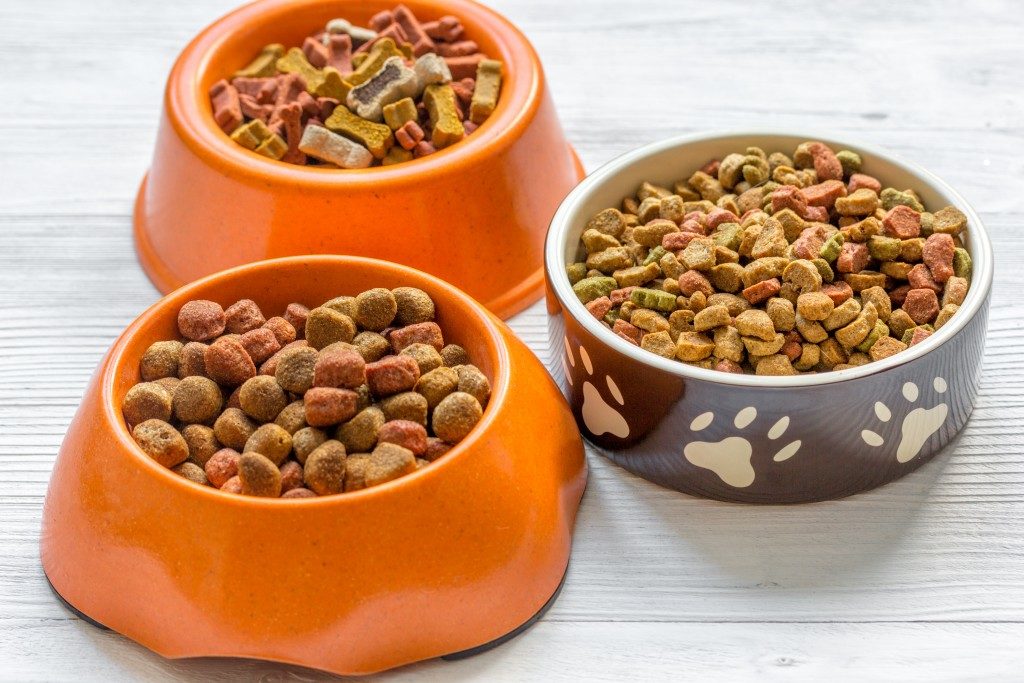Deciding what to feed your dog is an important step in ensuring his health in the long run. With allergies and sensitivities that can bring discomfort and danger to your pet, it is best to decide this early on and know what he is sensitive to.
Some dogs suffer from grain sensitivity, which could cause some diet troubles. Symptoms include diarrhea, vomiting, flatulence, ear infection, skin irritation, itchy or flaky skin, rashes, and chronic licking to relieve itch. If your canine friend is showing these symptoms, consult your veterinarian immediately to know if it is time that you switch to a grain-free diet.
Here are some of the major reasons to opt for grain-free meals for your pet’s dietary needs.
1. More Room for Protein
Protein is probably one of the most important needs in a dog’s diet. With a grain-filled food source, this could be compromised. Some of the common grains in dog food, whether wet or dry, are wheat, corn and barley, which could all lead to digestive problems in your pet.
On the other hand, grain-free beef dog food packs in more protein, allowing more omega-3 fatty acids. This can result in your dog having a shinier and healthier coat and experiencing less shedding. This can also lead to reduced flatulence, fewer stools and better breath.
At the same time, more protein means more energy resource for your dog. For dogs that are pregnant or lactating, this choice of dog food is even more beneficial to meet the pups’ nutrient needs. Some of the great substitutes for grain are vegetables and starches that are rich in carbohydrates as well. These include potatoes, peas and carrots.
2. The Natural Diet for Dogs
 The science and composition of dog food may have changed throughout the times, but back in the day, grain was originally not part of a dog’s diet. Dogs from earlier times did not need grain. As such, some dogs may not find it to be a natural or even a necessary part of their diet.
The science and composition of dog food may have changed throughout the times, but back in the day, grain was originally not part of a dog’s diet. Dogs from earlier times did not need grain. As such, some dogs may not find it to be a natural or even a necessary part of their diet.
There are even some risks, including allergies that may be caused by including grain in the diet. It is best to consult with your vet if a grain-free diet plan is a better choice for your pup. If you do switch to a grain-free diet, make sure to do it gradually to allow your pet’s digestive system to adjust. Mix grain-free food with higher protein dog food in increasing amounts over two weeks.
3. Some Breeds Are at a Bigger Risk
As mentioned, some dog breeds may prefer to avoid grain, especially if it makes their digestive system irritated or inflamed over time, resulting in food sensitivities and allergies, and bowel inflammation disorders.
Some dog breeds are more prone to suffering allergies than others. Some of these breeds include retrievers, Chinese shar-peis, cocker spaniels, dachshunds, collies, Dalmatians, Lhasa apsos and miniature schnauzers. Dogs who suffer from the following illnesses are also recommended to go for a grain-free diet: diabetes, kidney problems and obesity.
Get only the best for your dog by ensuring that you meet all his dietary needs regularly. Go grain-free to meet all the nutrients your dog needs so his health and your worries will be safe and sound.

